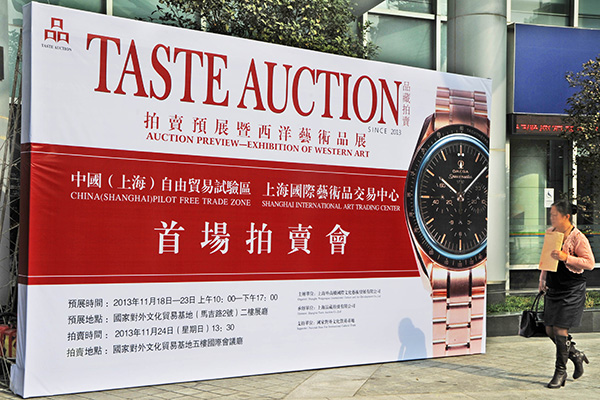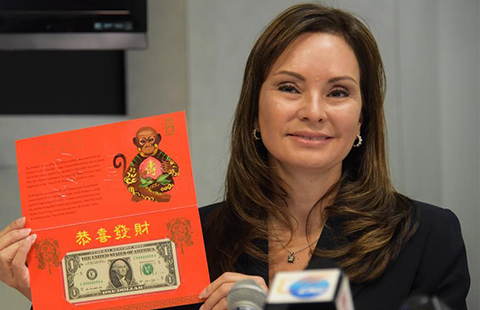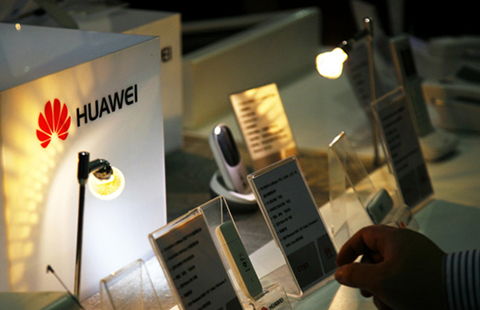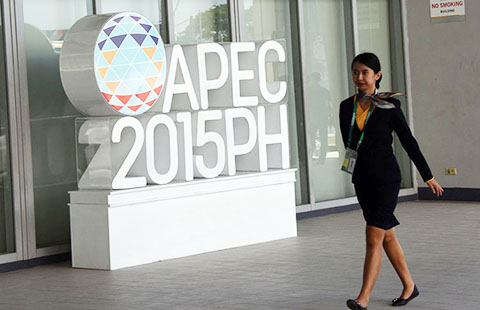Shanghai to quench Chinese thirst for art
By Shi Jing (China Daily) Updated: 2015-11-18 07:32
A pedestrian walks past an auction billboard of Shanghai FTZ International Culture Investment and Development Co Ltd in this file photo. The sales revenue of the artwork industry in China reached $5.65 billion last year. [Photo/China Daily]
New center within FTZ to boost China's global credentials

An artwork exchange center, located within the China (Shanghai) Pilot Free Trade Zone, will enhance China's competitiveness in international art trading when it opens its doors later this month.
The Shanghai FTZ International Artwork Exchange Center, which will have the world's largest bonded warehouse of artworks, will also be equipped with a highly advanced security system, according to FTZ authorities.
Though the existing rules do not allow the trade of cultural relics now, expectations are high that the policies would be relaxed.
Hu Huanzhong, general manager of the Shanghai FTZ International Culture Investment and Development Co Ltd, which is the operator of the new center, said current regulations restrict foreign auction houses from conducting such auctions in the mainland.
"The Shanghai FTZ will make continuous efforts to loosen the policy and we expect a breakthrough soon," he said.
Hu said that giving the green light to foreign auction houses will not result in an outflow of Chinese cultural relics, but would rather lead to an inflow of cultural relics which had left the country a long time ago.
"Foreign auction houses enjoy a higher reputation and have more credit with buyers and sellers. Most of the sellers are willing to hand over the long-lost cultural relics to internationally highly celebrated auction houses such as Sotheby's or Christie's. This will largely increase the chances of more cultural relics returning to the Chinese market," he said.
The opening up of the cultural relics auction market will also be an important milestone for the Shanghai FTZ Artwork Exchange Center, which will officially open for business on Nov 28. Auction of cultural relics will boost trade volumes and make Shanghai a center for global art, said Hu.
Citing the recent instance of a night-time auction held by Christie's in Hong Kong, Hu said the total proceeds were nearly HK$3 billion ($387 million), while a similar auction held on the Chinese mainland would net only 100 million yuan ($15 million). The reason for the stark disparity is the absence of cultural relics in the Chinese mainland auctions.
"We need to have an open mind if we want the artwork exchange center to be a success in Shanghai," he said.
The center has till date collected about 2,000 pieces of artworks, among which nearly 600 will be displayed on the opening day. In the future, interested collectors can look up for detailed information on the center's digital database.
For artworks bought within the center, consumers do not have to pay any duty if they keep them within the FTZ or directly deliver them overseas. But if they would like to take the artworks outside of the zone, duties will be levied.
Kong Dada, the chief planner of the center, said they have signed agreements with Bank of China Ltd and Bank of Shanghai Co Ltd to start artwork pledge financing within the center.
The total sales revenue of the artwork industry in China reached $5.65 billion last year, making it the largest consumer of artworks globally, according to the Annual Art Market Report in 2014, co-released by global art market information provider Artprice and Art Market Monitor of the Shenzhen-based cultural group Artron Art (Group) Co Ltd.
- CASS-RDI project delegation visits Indonesia
- US Treasury unveils 'Year of Monkey' Lucky Money
- China to advance work on Shenzhen-HK Stock Connect
- China to build more NEV chargers before 2020
- China's coal consumption continues to drop
- China lowers gasoline, diesel prices again
- China speeds up removal of high-emission vehicles
- China to ensure circulation of new 100-yuan note















